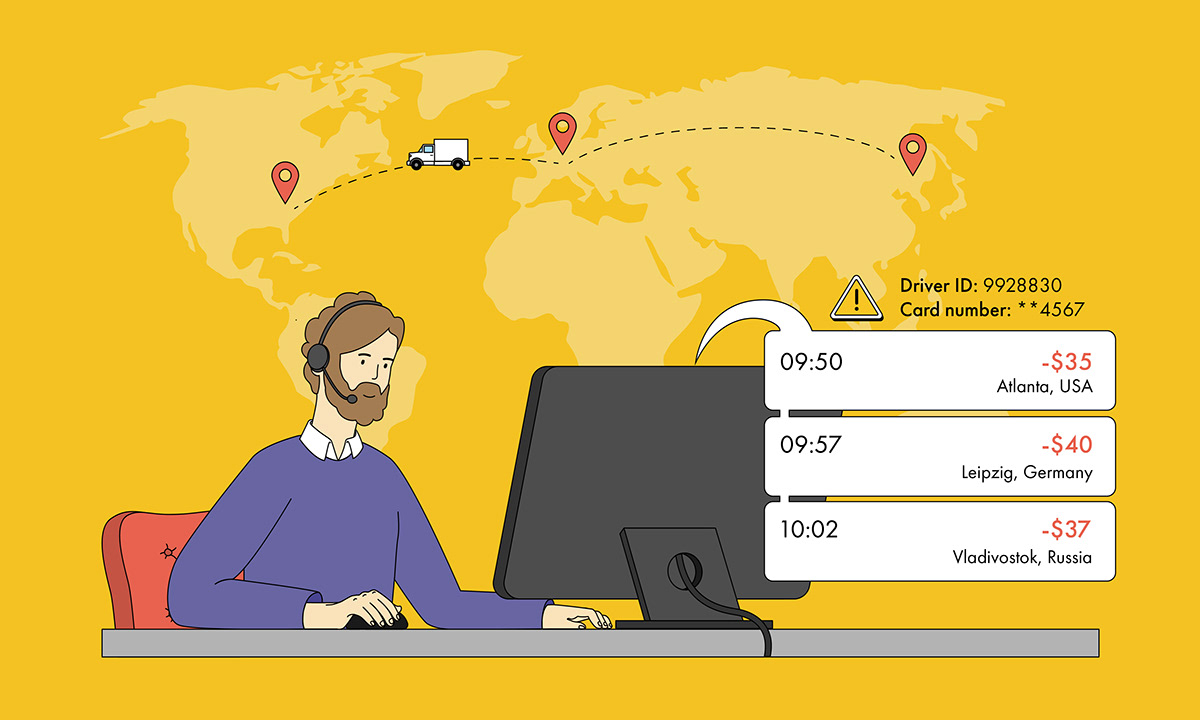Fintech companies like Stripe and PayPal are redefining how we handle money, making transactions seamless and accessible. With revolutionary services from Chime and Klarna, managing finances has never been easier. As technology continues to advance, how will these fintech giants continue to shape the future of finance? Let’s look at the top fintech companies and beyond!
Table of Contents
Ant Group
Valuation: $78 billion
Ant Group has an incredible story that reflects the rapid evolution of the fintech industry. The company originated as an offshoot of Alibaba, the Chinese e-commerce giant founded by Jack Ma.
In 2004, Alipay was launched as a way to build trust between buyers and sellers by holding funds in escrow until transactions were completed satisfactorily. This innovation quickly caught on, laying the foundation for Ant Group’s future growth.
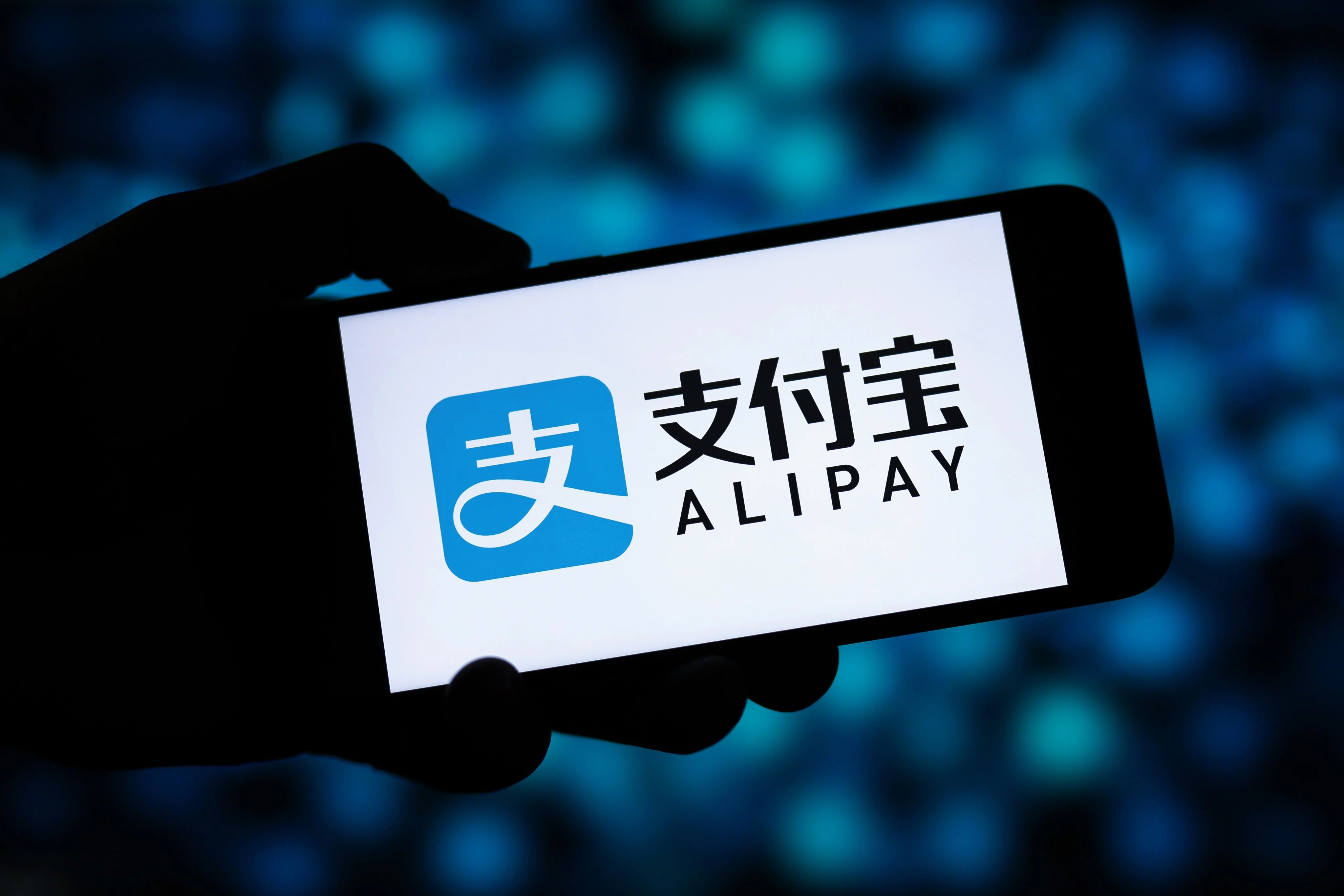
As Alibaba’s online marketplaces flourished, so did Alipay. The service expanded beyond a simple escrow system to become a full-fledged digital wallet. It allowed users to pay for goods and services, transfer money, and even invest.
Key Products and Services
Alipay is the flagship product of Ant Group and arguably its most well-known offering. It’s not just a digital wallet; it’s a comprehensive financial platform. Users can pay for almost anything using Alipay, from groceries to utilities, and even split bills with friends.
But Ant Group didn’t stop at payments. It leveraged its massive user base to introduce a range of financial services. These include Yu’e Bao, a money market fund that offers higher returns than traditional bank savings accounts, and Ant Fortune, a wealth management platform that provides access to various investment products.
The company’s reach extends far beyond digital wallets and payment processing. Ant Group has ventured into credit scoring with Sesame Credit, insurance with Ant Insurance, and even small business loans through Ant Micro Loan. These services have made financial products more accessible to millions of people in China.
Stripe
Valuation: $70 billion
Stripe was founded in 2010 by Irish brothers Patrick and John Collison, who saw an opportunity to simplify online payments. At the time, accepting payments on the internet was complicated and cumbersome. The Collison brothers aimed to change that. Their mission was straightforward: make online payments easy and accessible for everyone.

A user-centric approach helped Stripe maintain a competitive edge. Stripe’s global ambitions were clear early on. The company started expanding its operations beyond the United States, entering European and Asian markets. This global expansion strategy paid off, and today, Stripe operates in numerous countries. It processes billions of dollars in transactions each year.
Stripe has attracted considerable interest from investors, resulting in multiple funding rounds that have propelled its valuation to $70 billion. Partnerships have also played a crucial role in Stripe’s success. The company has collaborated with major tech giants like Google, Amazon, and Shopify, integrating its payment solutions into their platforms.
Key Products and Services
At the heart of Stripe’s success is its robust payment processing platform. Stripe’s platform is designed to be developer-friendly. It allows businesses to integrate payment processing into their websites and mobile apps with ease.
Stripe also offers a suite of tools for internet businesses. These include Stripe Connect, which facilitates payments for multi-sided marketplaces. And there is Stripe Atlas, a service that helps entrepreneurs start a global business from anywhere in the world.
Stripe also provides advanced fraud detection and prevention tools, ensuring secure transactions for its users. The company’s focus on creating comprehensive solutions for online businesses has solidified its position as a leader in the fintech industry.
Square (Block Inc.)
Valuation: $44 billion
Square, now known as Block, Inc., was founded in 2009 by Jack Dorsey and Jim McKelvey. The idea for Square came from McKelvey’s experience as a small business owner who missed out on a sale because he couldn’t accept credit card payments.
Seeing this gap in the market, Dorsey and McKelvey set out to create a solution that would empower SMBs to accept card payments easily and affordably.
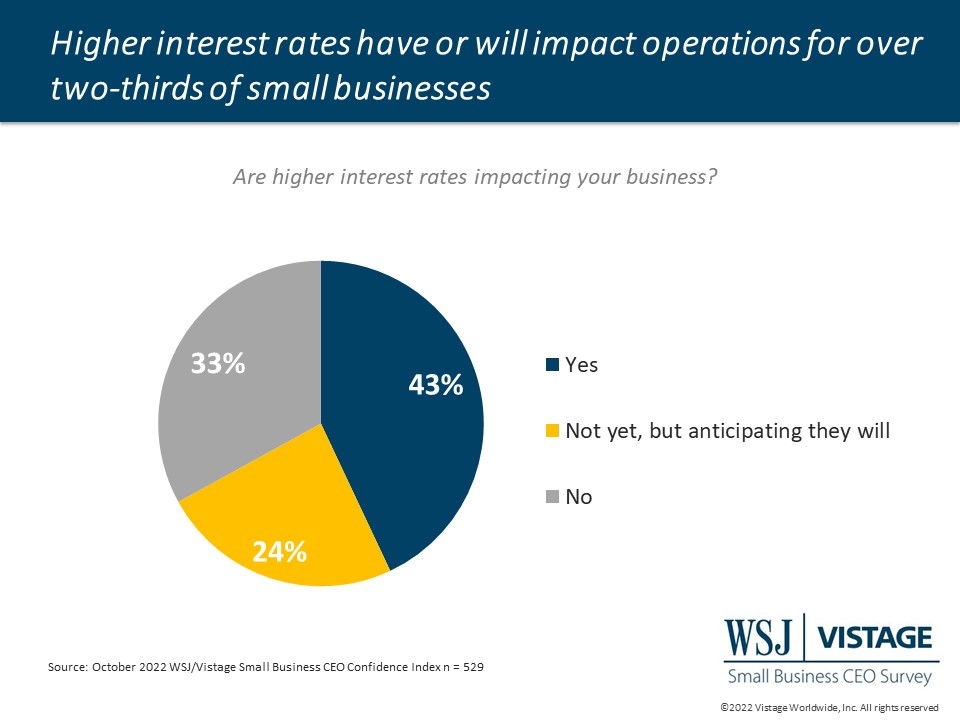
Square started with a simple yet revolutionary product: a small, square-shaped credit card reader that plugged into smartphones and tablets. This innovation allowed anyone to accept credit card payments anywhere. But Square didn’t stop there.
Over the years, it evolved from being just a payments company to a diversified fintech player. Square expanded its offerings to include comprehensive point-of-sale systems, business analytics, and even payroll services.
Key Products and Services
The Square Reader was just the beginning. It quickly became a popular tool among small businesses and independent sellers. Square then introduced point-of-sale systems that did a lot more than handle transactions.
They also offered inventory management, sales tracking, and customer engagement tools. These systems transformed how businesses operated, making them more efficient and data-driven.
Square also made a significant impact on individual users with the Cash App. Launched in 2013, Cash App started as a simple peer-to-peer payment service but has since evolved into a multifaceted financial tool. Users can now buy and sell Bitcoin, invest in stocks, and manage their finances all from the app. This diversification has positioned Cash App as a major player in personal finance, especially among younger users.
Robinhood
Valuation: $32 billion
Robinhood was founded in 2013 by Vladimir Tenev and Baiju Bhatt. Their vision was clear and ambitious: democratize finance for all. They noticed that traditional brokerage firms charged high fees for trading, which often discouraged small investors from participating in the stock market.
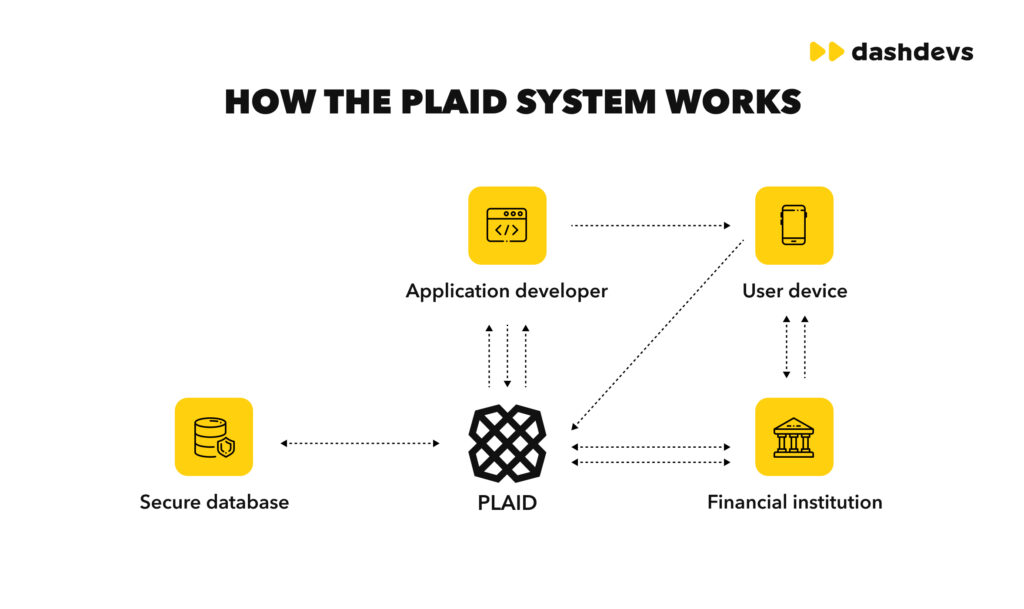
Tenev and Bhatt believed that everyone should have access to financial markets, not just the wealthy. With this mission, they set out to create a platform that allowed people to trade stocks without paying any commissions.
By simplifying the trading process and removing fees, Robinhood appealed to a new generation of investors. The company’s strategy of using social media and referral programs also played a crucial role in its rapid user acquisition. As word spread, Robinhood’s user base grew exponentially.
Key Products and Services
At the core of Robinhood’s offering is its commission-free trading platform. The platform allows users to buy and sell stocks, ETFs, and options without paying the traditional brokerage fees that can eat into investment returns.
This was a game-changer in the industry, as it enabled users to trade more frequently and with smaller amounts of money and made investing more inclusive. But Robinhood didn’t stop at traditional stock trading.
In 2018, the company expanded into the burgeoning field of cryptocurrency trading. Robinhood Crypto allows users to trade popular cryptocurrencies like Bitcoin, Ethereum, and others without any commission fees. This move tapped into the growing interest in digital currencies and attracted a new segment of tech-savvy investors looking to diversify their portfolios.
PayPal
Valuation: $78 billion
PayPal was founded in 1998 by Max Levchin, Peter Thiel, and Luke Nosek. Initially, it started as a digital wallet for Palm Pilot devices but quickly evolved into a web-based payment system. The idea was to enable people to send money via email, which was revolutionary at the time.
This caught the attention of eBay, where sellers needed a reliable and easy way to accept payments. In 2002, eBay acquired PayPal for $1.5 billion in stock. The eBay-PayPal acquisition was a turning point, as PayPal became the default payment method for eBay transactions, significantly boosting its user base and transaction volume. The synergy between eBay and PayPal was strong, driving growth for both entities.

In 2015, PayPal took a bold step by spinning off from eBay to become an independent company. It allowed PayPal to diversify its services and pursue growth opportunities beyond the eBay marketplace. Today, PayPal operates in over 200 markets and supports 25 currencies, making it a truly global financial technology company.
Key Products and Services
PayPal’s core offering is its online payment solutions. It provides a secure and convenient way for individuals and businesses to send and receive payments online. Users can link their bank accounts, credit cards, or debit cards to their PayPal account and use it to make purchases on millions of websites.
PayPal’s secure transaction system has built a reputation for reliability and ease of use. Another significant service under PayPal’s umbrella is Venmo, which it acquired in 2014. Venmo is a peer-to-peer payment app that allows users to quickly and easily send money to friends and family.
Venmo has become incredibly popular, especially among younger users, for its social feed that allows users to share and comment on their transactions. This blend of financial service and social interaction has made Venmo a cultural phenomenon in the fintech space.
One of PayPal’s notable achievements is the development of One Touch. It allows users to make purchases with a single click or tap, significantly reducing the friction in the online checkout process. Consequently, it has enhanced the user experience and increased conversion rates for merchants.
With the rise of mobile commerce, PayPal has ensured that its platform is optimized for mobile transactions, enabling users to pay and get paid seamlessly on the go. Another area where PayPal has made significant strides is in supporting cryptocurrencies. PayPal now allows users to buy, sell, and hold cryptocurrencies like Bitcoin directly within their PayPal accounts.
Klarna
Valuation: $6.7 billion
Klarna was founded in 2005 in Stockholm, Sweden, by Sebastian Siemiatkowski, Niklas Adalberth, and Victor Jacobsson. The founders aimed to simplify online shopping by allowing consumers to receive their products before having to pay for them.
This idea quickly took off in Europe, where Klarna’s Buy Now, Pay Later (BNPL) model provided shoppers with greater flexibility and security. Klarna’s user-friendly approach to payments resonated well with consumers who were looking for easier and more convenient ways to manage their finances while shopping online.

Building on its success in Europe, Klarna set its sights on the North American market. In recent years, the company has made significant strides in expanding its footprint in the United States and Canada.
Key Products and Services
Klarna’s flagship product is its BNPL solution, which allows consumers to make purchases and pay for them in installments. This service is particularly popular among younger shoppers who prefer to spread out their payments without incurring interest or fees.
Klarna offers several payment options, including paying in 30 days or splitting the cost into four equal payments. This flexibility helps consumers manage their budgets more effectively and encourages them to shop more frequently.
In addition to BNPL, Klarna provides a range of consumer financing options. These include traditional credit products and longer-term financing plans, allowing customers to choose the payment method that best suits them.
Klarna’s financing solutions are designed to be transparent and straightforward, with clear terms and conditions. These help consumers make informed decisions about their purchases.
Revolut
Valuation: $45 billion
Revolut was founded in 2015 by Nikolay Storonsky and Vlad Yatsenko. The company started with a simple yet powerful idea: to provide a more flexible and cost-effective way for people to manage their money, particularly when traveling.
Initially, Revolut offered a prepaid debit card linked to a mobile app that allowed users to spend money globally without incurring hefty foreign exchange fees. This concept immediately resonated with frequent travelers and expats. These were travelers tired of the high costs and inconveniences associated with traditional banking.
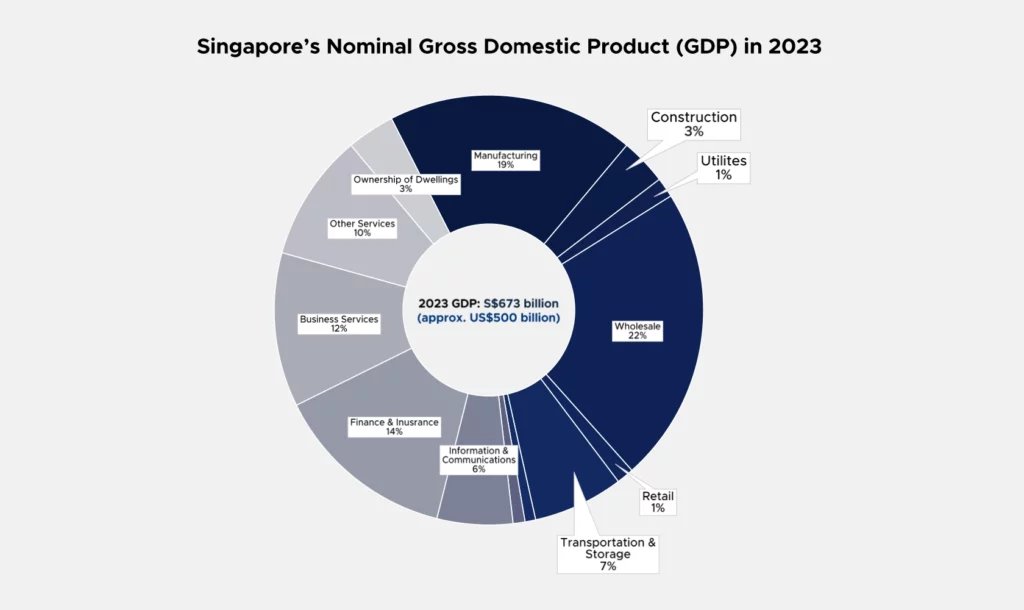
Revolut quickly expanded its services to become a more comprehensive financial platform. The company obtained a banking license in Europe, allowing it to offer a wider range of banking services. This expansion included features like personal loans, savings accounts, and insurance products.
By continuously adding new functionalities, Revolut aimed to become a one-stop shop for all financial needs. The company’s strategy involved listening to user feedback and rapidly iterating on its products. This ensured that it stayed ahead of customer expectations and industry trends.
Key Products and Services
One of Revolut’s standout features is its multi-currency account. Users can hold, exchange, and transfer money in multiple currencies at real-time exchange rates making it incredibly convenient for those who deal with different currencies regularly.
The multi-currency account feature is especially popular among travelers, freelancers, and businesses operating internationally. Revolut’s competitive exchange rates and low fees set it apart from traditional banks, offering significant savings for its users.
Another major service that has contributed to Revolut’s popularity is its cryptocurrency trading and investment platform. Launched to cater to the growing interest in digital currencies, this service allows users to buy, sell, and hold cryptocurrencies directly from the Revolut app.
The platform supports a variety of popular cryptocurrencies, including Bitcoin, Ethereum, and Litecoin. It provides an accessible entry point for new investors and a convenient trading option for experienced crypto enthusiasts. Revolut also offers tools and resources to help users understand and manage their investments better, promoting financial literacy alongside their innovative services.
Chime
Valuation: $25 billion
Chime was founded in 2013 by Chris Britt and Ryan King with a clear mission: to simplify banking and make it accessible to everyone. Traditional banks often came with numerous fees and complicated processes that made managing money difficult for many people.

They aimed to create a bank that prioritized the financial well-being of its users. Chime offered services that were transparent, fair, and easy to use. The company’s commitment to this mission quickly gained traction, and it began to attract a large number of users looking for a better way to manage their finances.
Key Products and Services
Chime offers a range of fee-free banking services that have resonated well with its users. At the core of its offerings is a checking account with no monthly fees, no minimum balance requirements, and no overdraft fees.
This simplicity and transparency have made Chime an attractive option for those looking to avoid the hidden fees often associated with traditional banks. Chime also provides a Visa debit card, which can be used for everyday purchases and ATM withdrawals without incurring additional charges.
One of Chime’s most popular features is its early direct deposit service. With this feature, users can receive their paychecks up to two days earlier than their scheduled payday. This early access to funds can be incredibly beneficial for those living paycheck to paycheck, helping them manage their finances more effectively and avoid potential cash flow issues.
Another noteworthy service is Chime’s automatic savings feature. This feature helps users build their savings effortlessly. When users make a purchase with their Chime debit card, the transaction is rounded up to the nearest dollar.
The difference is transferred to a separate savings account. This small but consistent approach to saving can accumulate over time, making it easier for users to reach their financial goals.
Save, Buy, & Invest!
Companies like Stripe, Robinhood, PayPal, and Chime are revolutionizing how people manage, invest, and spend their money. By leveraging cutting-edge technologies and user-centric approaches, these companies have made financial services more accessible, efficient, and secure. Their rapid growth and market impact demonstrate the immense potential of fintech to reshape the future of finance.
As fintech continues to innovate, staying ahead of the curve has become important. Whether you’re looking to enhance your digital marketing, optimize user experiences, or integrate cutting-edge technology like augmented reality or AI, EvolveDash can help your brand.
Connect with EvolveDash today to transform your business and drive measurable results in the fintech sector!
FAQs
What is the difference between fintech and traditional banking?
Fintech focuses on using technology to provide financial services efficiently, often through apps or online platforms. Traditional banking relies on physical branches and slower processes.
How do fintech companies ensure data security for users?
Fintech companies use encryption, secure authentication methods, and compliance with regulatory standards to protect user data. Regular security audits are also conducted.
What role does AI play in the fintech industry?
AI helps fintech companies automate processes, improve fraud detection, personalize customer experiences, and analyze financial data more effectively.
How do fintech companies make money?
They earn revenue through transaction fees, premium account features, subscription plans, and interest from lending services. Some also generate income from partnerships and advertising.
